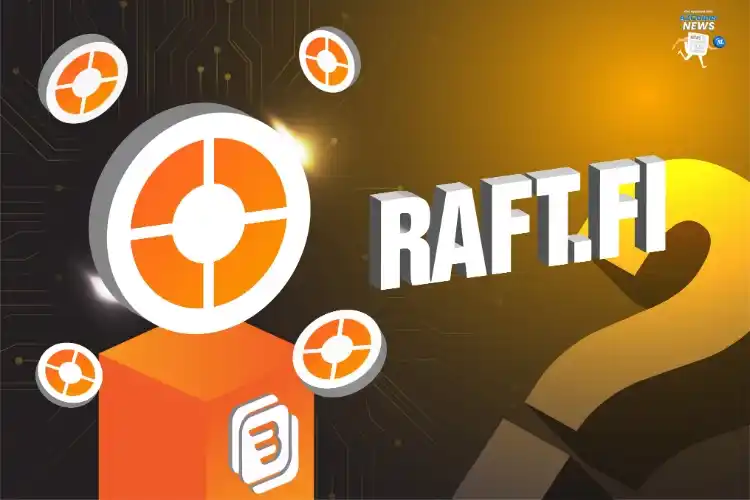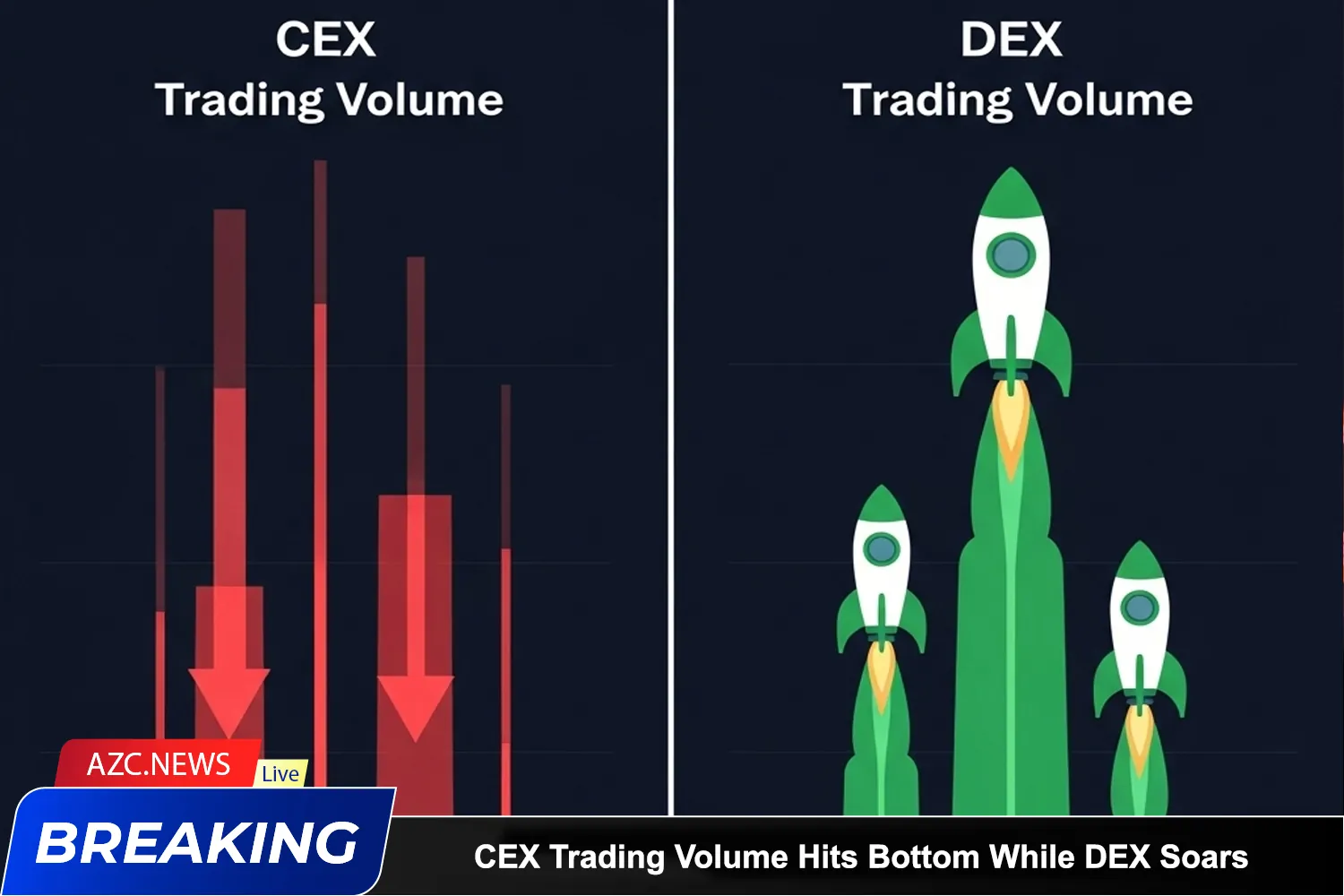In a recent security breach, Raft, a decentralized finance (DeFi) platform, fell victim to a hack resulting in the loss of around $3.3 million worth of ether (ETH) on a Friday afternoon. However, the attacker’s attempt to pilfer funds took an unexpected turn, leading to an overall net loss for them. On-chain data reveals that the attacker siphoned off 1,577 ETH from Raft.
The assailants directed 1,570 ETH to a burn address, essentially destroying the majority of the stolen assets, while retaining only 7 ETH for themselves. Interestingly, prior to the attack, the hacker’s address had received 18 ETH through the Tornado Cash crypto mixer service, presumably for funding transactions.
After executing the transfers and covering blockchain fees, the exploiter’s crypto wallet was left with just 14 ETH, indicating a 4 ETH loss on the entire operation. Meanwhile, Raft’s R dollar-pegged stablecoin witnessed a significant drop.
Experiencing a rapid decline of up to 50% from its claimed $1 value in the immediate aftermath, the stablecoin later recovered to around 70 cents, as per Coinmarketcap data. Confirming the attack, David Garai, co-founder of Raft, shared details of the attacker’s modus operandi in a post on X (formerly Twitter).
He explained that R tokens were minted and then sold to deplete liquidity in the automated market maker. Simultaneously, the attacker withdrew collateral from Raft, orchestrating a sophisticated maneuver.
Related: Hong Kong’s SFC Explores Spot Crypto ETFs Amid Pursuit of Global DeFi Hub
In response to the attack, Garai assured the community that the team is actively working on reimbursing affected users. They plan to utilize the protocol-owned sDAI in the Peg Stability Module for this purpose. Raft functions as a DeFi lending platform, issuing the R stablecoin collateralized by liquid staking ether (ETH) derivatives such as Lido’s stETH.
Users can mint R tokens by locking up ETH derivatives. Notably, this incident marked the second significant crypto exploit on that particular Friday, with a separate attacker draining approximately $114 million in digital assets from the centralized exchange Poloniex earlier in the day.
This incident underscores the ongoing challenges that DeFi platforms face in fortifying their protocols against malicious actors. Despite this setback, Raft’s proactive approach in using protocol-owned assets for reimbursement reflects a dedication to minimizing the impact on affected users.
In the broader context of decentralized finance, security concerns persist as a central issue. The Raft incident brings attention to potential vulnerabilities in smart contracts, emphasizing the necessity for constant vigilance in the ever-evolving DeFi landscape.
As the DeFi sector continues its expansion, it becomes imperative for platforms to prioritize robust security measures to protect user funds and uphold trust within the decentralized ecosystem. Despite the initial significant drop in value of Raft’s stablecoin, its subsequent recovery suggests a level of resilience in the DeFi market.
However, users and investors should maintain vigilance and stay informed about the security protocols implemented by the platforms they interact with, recognizing that the threat landscape in the crypto space is continually evolving.










